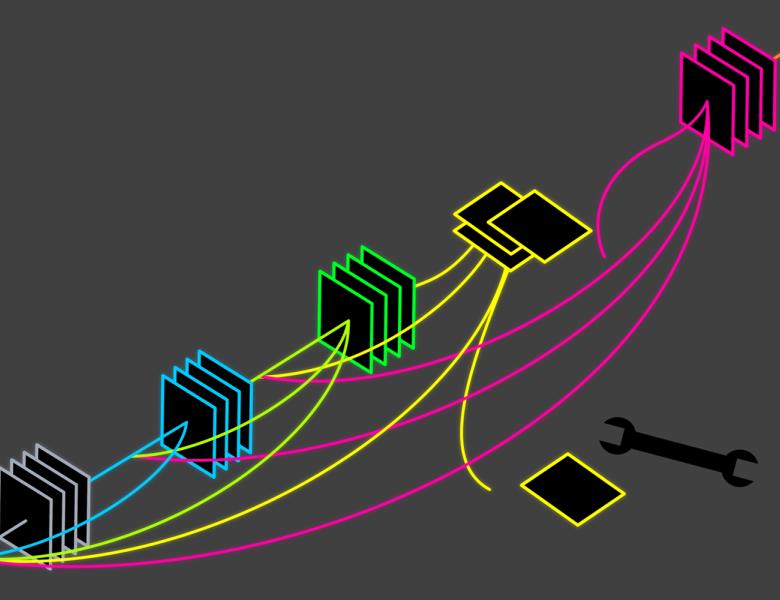
Abstract
The noise in stochastic gradient descent (SGD) provides a crucial implicit regularization effect for training overparameterized models. Prior theoretical work largely focuses on spherical Gaussian noise, whereas empirical studies demonstrate the phenomenon that parameter-dependent noise -- induced by mini-batches or label perturbation -- is far more effective than Gaussian noise. This paper theoretically characterizes this phenomenon on a quadratically-parameterized model introduced by Vaskevicius et el. and Woodworth et el. We show that in an over-parameterized setting, SGD with label noise recovers the sparse ground-truth with an arbitrary initialization, whereas SGD with Gaussian noise or gradient descent overfits to dense solutions with large norms. Our analysis reveals that parameter-dependent noise introduces a bias towards local minima with smaller noise variance, whereas spherical Gaussian noise does not.


